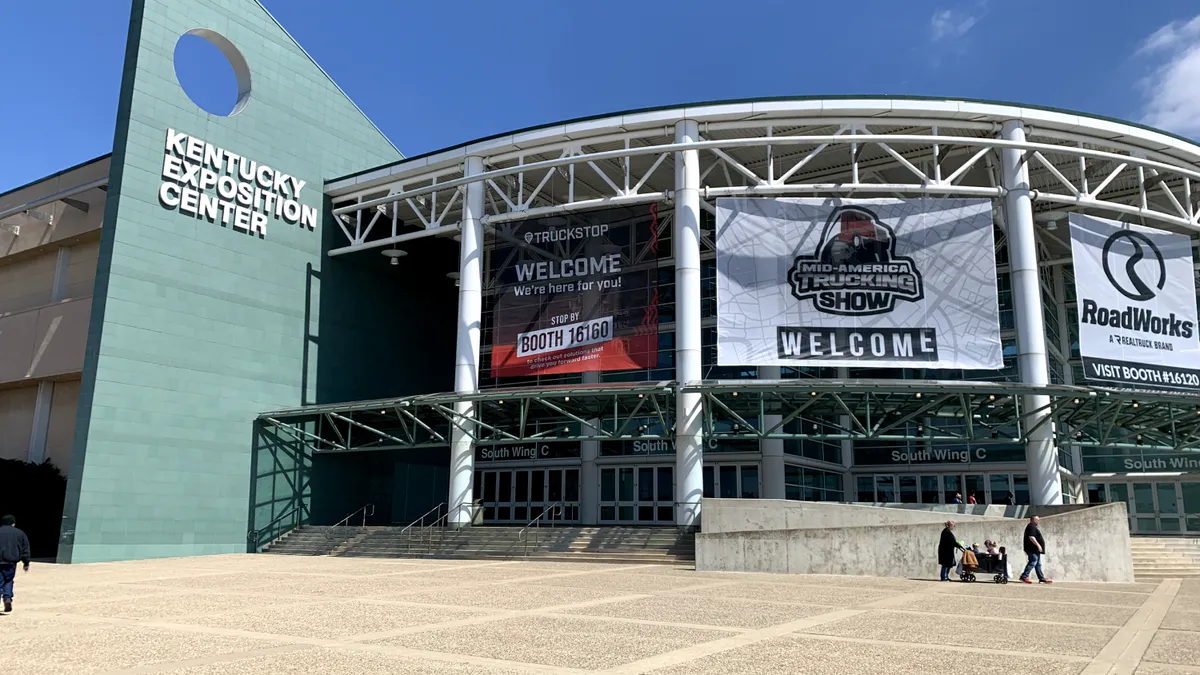Dive Brief:
- Werner Enterprises expects premium pricing for certain shipments during peak season to be down 60% to 70% this quarter YoY, Chief Financial Officer John Steele said Wednesday on an earnings call.
- CEO, President and Chairman Derek Leathers said peak season will be particularly muted this year compared to the robust 2021 season, when adjusted earnings per share spiked 43% from Q3 to Q4.
- “We are expecting a subdued peak season in [the] fourth quarter compared to a very strong peak season in fourth quarter a year ago,” CEO, President and Chairman Derek Leathers said. “Project surge and premium transactional pricing opportunities are much more limited this peak season.”
Dive Insight:
With tanking spot market rates this year, carriers are expecting a slower peak season compared to the price surges seen last year.
Leathers cited a slowing economy and other cost pressures over the next several quarters as upcoming challenges facing Werner. The carrier expects TL freight demand to continue to moderate, particularly for discretionary goods, while consumer staples will stay more robust.
“While peak season this year is underwhelming thus far, it will only hasten the capacity correction that is already underway,” Leathers said.
Werner’s Q3 operating income increased YoY from $71 million to $76 million, while its operating margin decreased 90 basis points to 9.2%, according to a news release.
“Even though operating conditions have become more challenging due to macroeconomic changes that are softening the freight market, we produced good financial results,” Leathers said in a statement.
Other carriers are expecting similar challenges. During its earnings call last month, Knight-Swift said it was bracing for a muted holiday season and declining spot market. C.H. Robinson Worldwide also noted cooling markets and slowing freight demand, creating a more challenging operational environment.
“In our Global Forwarding business, we’re now seeing the market correction that has been anticipated,” C.H. Robinson President and CEO Bob Biesterfeld said Thursday on an earnings call. “High inventories, reduced consumer spending due to rising inflation and a muted peak season have all contributed to reduced import demands.”













